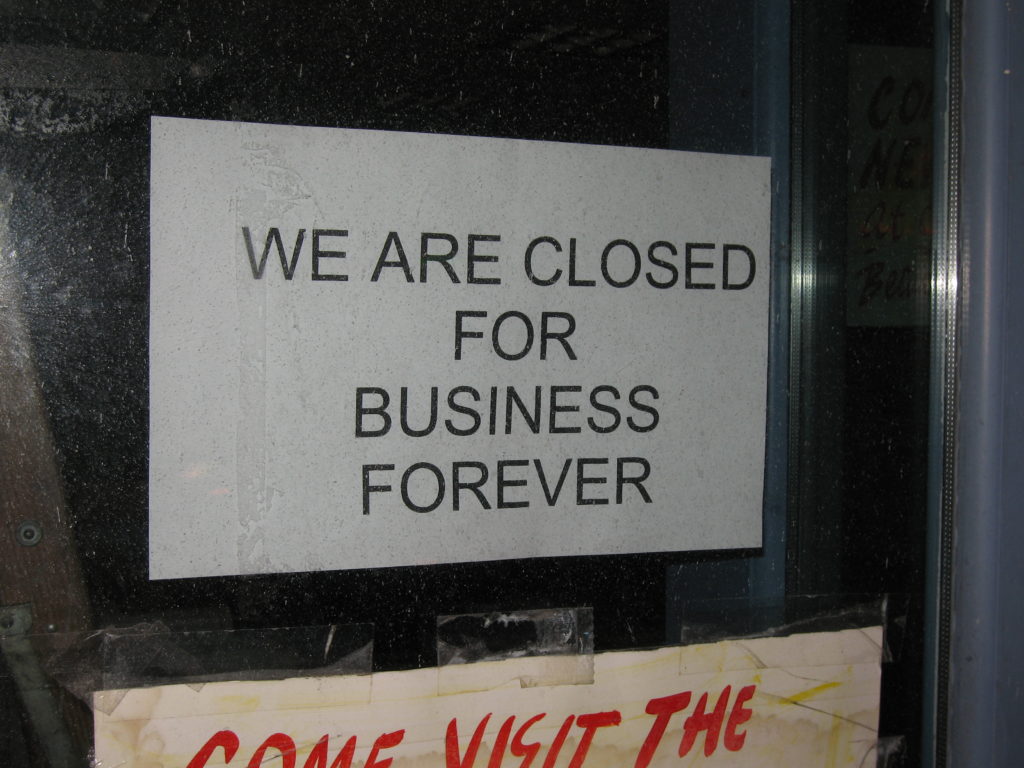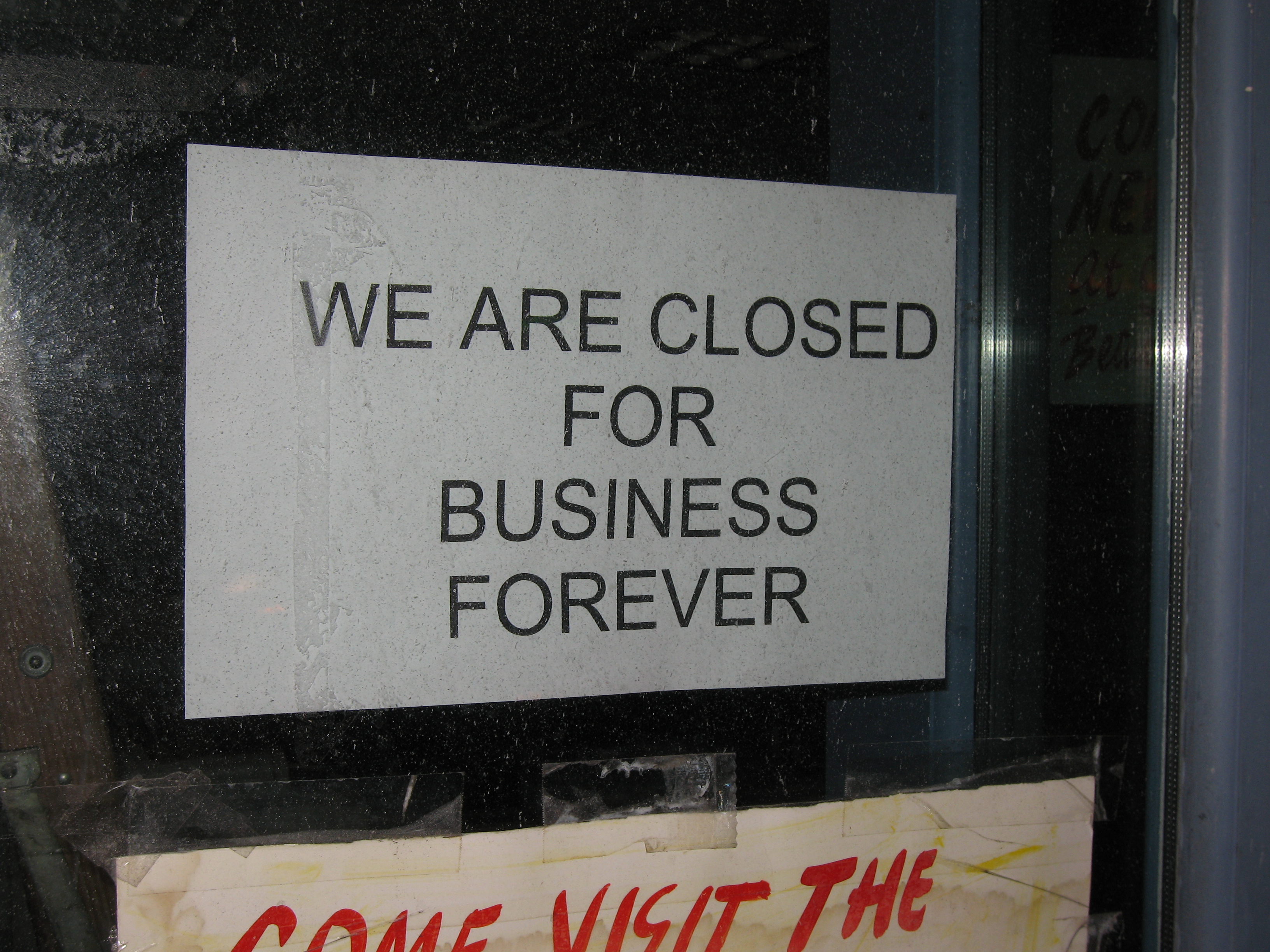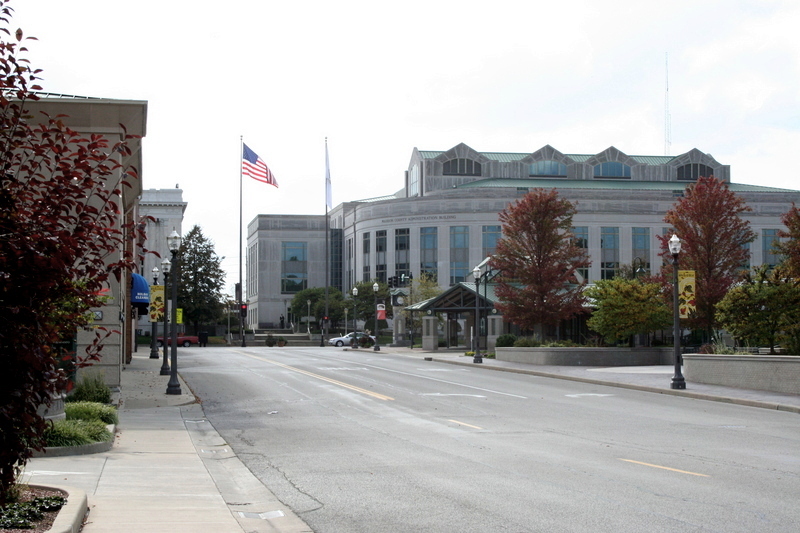Edwardsville –
Taxpayer Education Foundation (TEF) today released its updated study on the
Madison and St. Claire County area government-employee pensions, including the
top 500 pensions in the Teachers Retirement System (TRS), top 200 Illinois
Municipal Retirement Fund (IMRF), and the State University Retirement System
(SURS). Taxpayers United of America (TUA) issued the following statement based
on the TEF pension study:
“Madison and St.
Claire County taxpayers are much smarter than the government bureaucrats who
try to rule them,” said Jim Tobin, TUA president. “The hacks that run the
governments in these geographically challenged areas keep trying to add a new
school sales tax, but voters are smart enough to realize that this simply
drives shoppers, and their money to lower tax areas nearby or across the
river.”
“Rather than try to
cut spending, these government bureaucrats just keep increasing taxes. The St.
Claire County Board voted to increase the 2019 property tax levy by 5%.
Property taxes in the area have already nearly doubled in the last 20 years but
that still isn’t enough for these blood-thirsty parasites!”
“It is no mystery
what is driving the economy-killing property tax increases in these counties.
In a word, pensions. IMRF pensions are funded with property taxes and state law
requires that the IMRF pension bill is paid before all others. The taxpayers
currently pay $3 in property taxes for every $1 that IMRF members pay into
their own retirement fund.”
“The perpetual tax
increases that plague Illinois residents have nothing to do with children,
roads, or services. This is about pay and pensions for the
privileged-government class. This money may be ‘earmarked’ for buildings or
whatever, but in reality, it only frees up pre-increase revenues for pensions.”
“The IMRF pension
fund, which gives lavish, gold-plated pension benefits to retired municipal
employees, is funded by property taxes. If that isn’t bad enough, IMRF
pensioners, for the most part, also receive Social Security pensions.”
- Click
here to see the top 500 Madison and St. Claire
County area TRS pensions.
- Click
here to see the top 200 Madison and St. Claire
County and area municipal IMRF pensions
- Click
here to see the top Southwestern Illinois area SURS pensions
“The entire local and statewide pension system in Illinois
is unsustainable. The other five statewide pension funds are funded by the
state income tax. Democrat Governor Jay Robert ‘J. B.’ Pritzker and his
tax-raising cronies want to stick it to middle class taxpayers by increasing
the income tax under the guise of a ‘more fair’ graduated income tax. When the
state goes under, they will be long gone and enjoying their fat taxpayer-funded
pensions in Arizona or Florida.”
“Middle-class taxpayers would be decimated by the Pritzker
income-tax hike if it passes. There is nothing fair about his ‘fair tax’ that
will, by design, siphon even more wealth out of the pockets of the
middle-class. And his tax increases won’t stop there as we’ve seen with
Pritzker’s gargantuan gasoline tax increase.”
“When you look at what the individual government retirees
are actually collecting in taxpayer-funded pensions, you can get a better idea
of why this theft of taxpayer wealth is so egregious. Keep in mind that the
average taxpayer will collect only about $17,500 a year from Social Security,
and that most IMRF pensioners are also eligible for a Social Security pension.”
John N. Benedetti retired from Grant CHSD 124 at the age of
60. His current annual pension is $211,794. He paid $371,704 into TRS and will
accumulate $6,209,324 in taxpayer funded pension payments over a normal
lifetime.
David Werner retired from SIU – Edwardsville at the age of
62. His current annual pension payment is $276,301 and already exceeds the
$246,018 he paid into the SURS for his own pension. He will realize about $5,755,062
in total pension payments over a normal lifetime.
William R. Haine is retired from the Madison County
government and currently collects $158,422 a year in pension payments from the
IMRF. His payments into his own retirement fund were only $110,031. Retiring at
58, his pension payments will total about $3,308,494 over a normal lifetime.
William is also eligible for a social security pension.
“Illinois is functionally bankrupt, and the cause is runaway
government employee pensions with unfunded liabilities so huge that it is mathematically
impossible for the state to tax their way out of this financial black hole.”
“All Illinois government new hires should be placed in a
401(k) style retirement savings accounts, beginning immediately, and the retirement
age should be increased to 67. These measures would at least slow the bleeding
until comprehensive pension reform can be enacted.”









